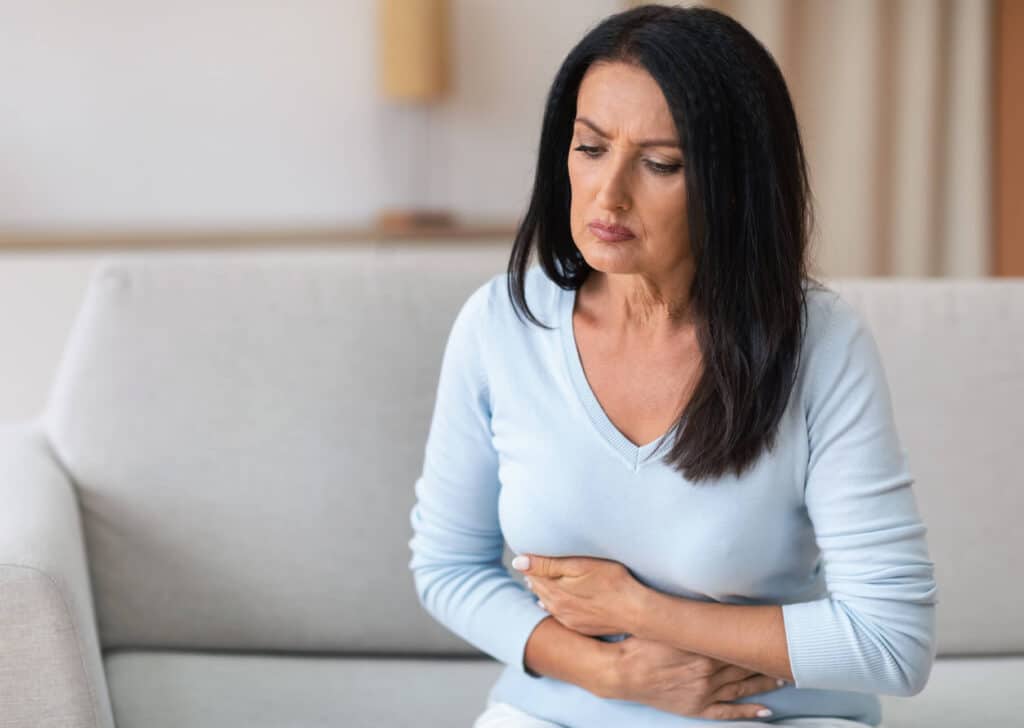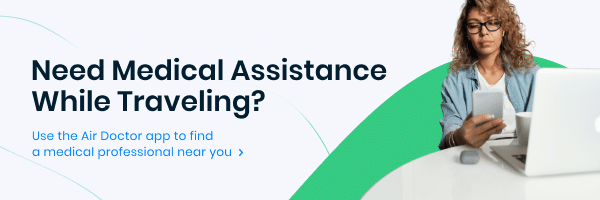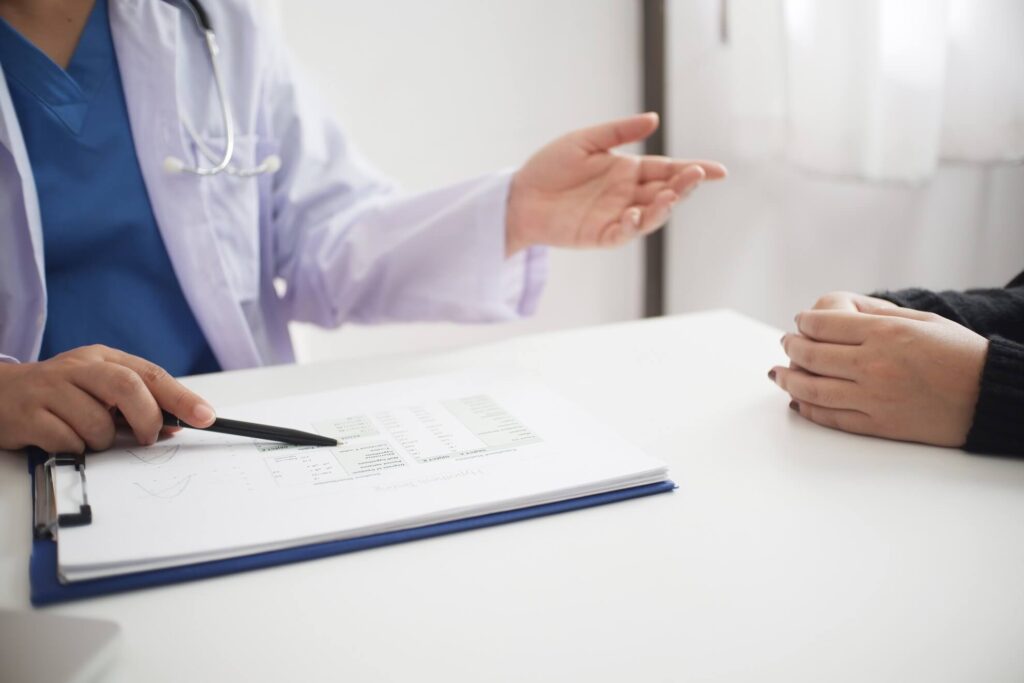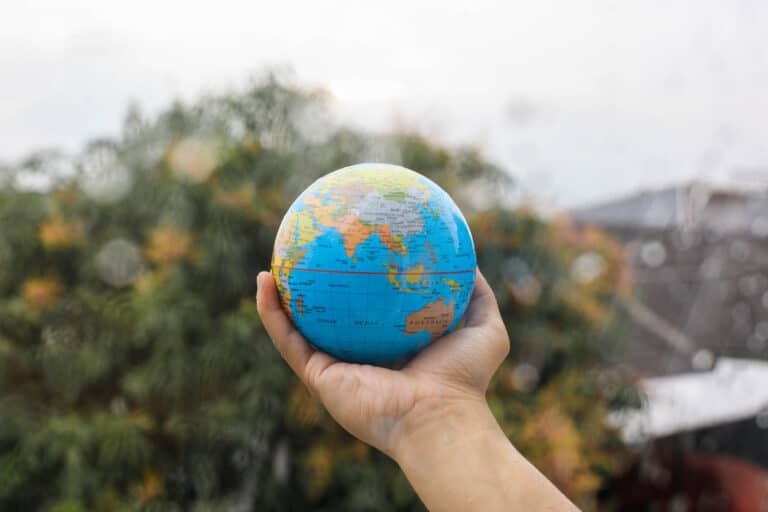Whether you’re traveling near or far the possibility of food poisoning while traveling is a concern that can’t be ignored. In this blog, we’ll explore how to stay vigilant, what to do if you fall ill, and whether travel insurance covers food poisoning.

What is Food Poisoning?
Food poisoning, also known as foodborne illness, occurs when you consume contaminated food or beverages. Bacteria, viruses, parasites, or chemical substances in the food can lead to gastrointestinal symptoms such as: nausea, vomiting, diarrhea, abdominal pain, and fever.
Food Poisoning vs. Traveler’s Diarrhea:
It’s important to distinguish the difference between food poisoning and traveler’s diarrhea, as their symptoms and causes vary. While both can lead to gastrointestinal discomfort, traveler’s diarrhea often results from consuming contaminated water or food, while food poisoning can stem from a variety of sources, including toxins produced by bacteria. Knowing the difference can help you identify the appropriate steps to take and seek the necessary medical care.
If you’re unsure, we’ve got a guide on Traveler’s Diarrhea, and a network of over 20,000 multi-lingual doctors and specialists who can help!

How To Prevent Food Poisoning While Traveling
While indulging in the culinary wonders of your travel destination is a delight, it’s essential to take proactive steps to prevent food poisoning while savoring the flavors of different cultures.
1. Research
Before your trip, familiarize yourself with the local cuisine, common dishes, and potential allergens. Understanding what to expect can help you make informed choices, and is key to avoiding food poisoning while traveling.
2. Hygiene Practices
Practicing good hygiene is your first line of defense. Wash your hands frequently with soap and clean water, especially before eating or touching your face. If clean water isn’t available, use hand sanitizers to keep your hands clean.
3. Choose Reputable Establishments
Opt for restaurants and street vendors that maintain cleanliness. A busy eatery with locals is often a good sign of fresh, safe food.
4. Cooked and Hot
When enjoying street food or local delicacies, prioritize foods that are thoroughly cooked and served piping hot. Avoid dishes that appear undercooked or lukewarm.
5. Peelable Fruits
Opt for fruits that you can peel, such as bananas, oranges, or mangoes. Peeling fruits yourself reduces the risk of ingesting contaminants.
6. Beverage Safety
Stick to bottled water, sealed beverages, or drinks made with boiled water. Avoid ice in your drinks if you’re uncertain about the water source.
7. Food Allergies and Sensitivities
If you have food allergies or sensitivities, communicate them clearly to restaurant staff or vendors. Learning a few phrases in the local language related to your allergies can be immensely helpful.

Does Travel Insurance Cover Food Poisoning?
One of the worries travelers have is whether their travel insurance covers unexpected situations like food poisoning:
Review Your Policy
Carefully review your travel insurance policy to understand its coverage for medical expenses related to food poisoning. Some policies do provide coverage for medical treatment, doctor visits, and hospitalization.
File Claims
If you do get food poisoning while traveling, keep all relevant documentation, such as medical reports, receipts for treatment, and prescription medications. This information will be important if you need to file a claim with your travel insurance provider.
Emergency Assistance
Many travel insurance policies offer 24/7 emergency assistance services. If you’re unsure about local medical facilities or need advice, contact your assistance company or use Air Doctor to book an urgent consultation.
Can You Travel with Food Poisoning?
Experiencing food poisoning is undoubtedly an unfortunate setback, but the question of whether you can or should travel while dealing with it is a valid concern. The answer largely depends on the severity of your symptoms and your overall health condition.
Here’s what you should consider:
Symptom Severity
Mild cases of food poisoning might allow you to continue with your travel plans, especially if your symptoms are limited to occasional nausea or mild stomach discomfort.
Hydration and Comfort
Dehydration is a common concern with food poisoning. If you can manage to stay hydrated and relatively comfortable, you might still be able to travel.
Rest and Recovery
If your symptoms are more severe, such as persistent vomiting, high fever, or severe diarrhea, it’s recommended to prioritize rest and recovery.
Medical Advice
It’s advisable to consult a healthcare professional before making a decision. They can assess your condition, provide appropriate treatment, and offer guidance on whether traveling is a safe option.
If you’re abroad, consulting a doctor through an app like Air Doctor is a convenient way to find out what you can do, and if it’s safe to travel.

Air Travel with Food Poisoning
Air travel while dealing with food poisoning can be challenging, but with careful planning and consideration, you can navigate the situation more comfortably:
1. Stay Hydrated
Airplane cabins are known for their dry air, which can worsen dehydration caused by food poisoning. Drink water regularly to stay hydrated.
2. Seat Selection
If possible, choose an aisle seat to have easier access to the lavatory in case you need it frequently.
3. Pack Essentials
Bring essential items like tissues, hand sanitizer, and any necessary medications. You might also consider packing a change of clothes in case of unexpected accidents.
4. Inform Flight Crew
If you’re feeling unwell, it’s a good idea to inform the flight attendants discreetly. They can provide assistance or make accommodations if needed.
5. Medication
If you have prescribed medication, make sure they’re easily accessible in your carry-on luggage.
6. Disposal Bags
Carry disposable bags in case you need to throw up. This can help contain the situation and maintain cleanliness.
7. Consider Postponing
If your symptoms are severe or you’re in a weakened state, consider postponing your travel plans if possible. Your health and well-being should always be a priority.

Dealing with Food Poisoning During Travel
Despite your best efforts, food poisoning can still strike.
If you find yourself in this unfortunate situation:
Rest and Hydration
Your immediate focus should be on rest and hydration. Consume clear fluids, oral rehydration solutions, and bland, easily digestible foods.
Monitor Symptoms
Keep a close eye on your symptoms. While most cases of food poisoning are mild and resolve on their own, severe symptoms or persistent illness might warrant medical attention.
Seek Medical Help
If your symptoms worsen, if you experience dehydration, if you have a high fever, or if you notice blood in your stool, seek medical assistance promptly.
Remedies and Treatment
While there’s no magical cure for food poisoning, you might come across discussions about using activated charcoal:
Activated Charcoal
Some sources suggest that activated charcoal might help alleviate symptoms of food poisoning. It’s believed to bind toxins and chemicals in the gut. However, there’s nothing conclusive on how effective it is.
Consult a Healthcare Professional
Before trying any remedies, including activated charcoal, it’s crucial to consult a healthcare professional in a clinic, or through a virtual consultation. Self-medicating can sometimes do more harm than good.
Countries Prone to Food Poisoning Risks
(Please note: Some people are at a higher risk of getting food poisoning, according to the CDC. The list of countries is not extensive and you can get food poisoning anywhere – even in your own home.)
Some countries might have higher instances of food poisoning due to varying food safety standards, sanitation practices, and local culinary habits – this is by no means a reflection of food quality.
Here are a few countries that travelers sometimes consider have a higher likelihood of food poisoning:
- India: Spices and flavors abound, but water quality and hygiene practices can vary. Street food is delicious but may pose risks if not prepared and stored properly.
- Mexico: Street food is a culinary adventure (and a UNESCO World Heritage), but improper food handling and water quality can lead to gastrointestinal issues.
- Thailand: Renowned for its street food and vibrant flavors, travelers should be cautious about consuming raw ingredients and poorly cooked dishes.
- Egypt: Traditional foods might be prepared under conditions that differ from Western standards, so be mindful of hygiene when dining.
- China: Vast and diverse in its cuisine, travelers should take care with street food and understand local ingredients to avoid food poisoning while traveling.
- Vietnam: While delicious, street food and raw seafood dishes might pose a risk if not handled properly.
- Indonesia: Spices and exotic dishes can be enticing, but travelers should choose establishments carefully.
- Peru: Ceviche, a popular dish, is made with raw seafood, so ensure you’re dining at reputable places.
- Morocco: Unique flavors can be found in local markets, but hygiene standards might differ from what you’re used to.
- Cambodia: While street food is an attraction, improper food handling might contribute to foodborne illnesses.
Getting food poisoning while traveling sucks. But it doesn’t have to be the end of the fun! If you’re careful, you can avoid food poisoning while traveling. And if you do fall ill, speak to a healthcare provider as soon as possible to get back on your feet!
How Air Doctor Can Help You
Air Doctor is an easy-to-use app that connects you with a global network of multi-lingual doctors and specialists so you can access medical care anywhere, anytime. With the Air Doctor app in your pocket, you can access medical advice, get prescriptions, and receive expert medical guidance wherever you are in the world.
Air Doctor offers a wide range of benefits, including:
- A global network of over 20,000 multi-lingual doctors and specialists
- Choice of clinic, at-home (hotel), and video consultations
- Active in 75 countries
- Cross border prescription services
- Telemedicine services in up to 21 languages
- 24/7 multi-lingual support
- Transparent pricing, and reviews
- Most common medical specialties
If you’re looking for reliable, accessible, and global telehealth and in-person medical assistance, Air Doctor is the perfect choice for you. Download the app before your next trip just in case.












